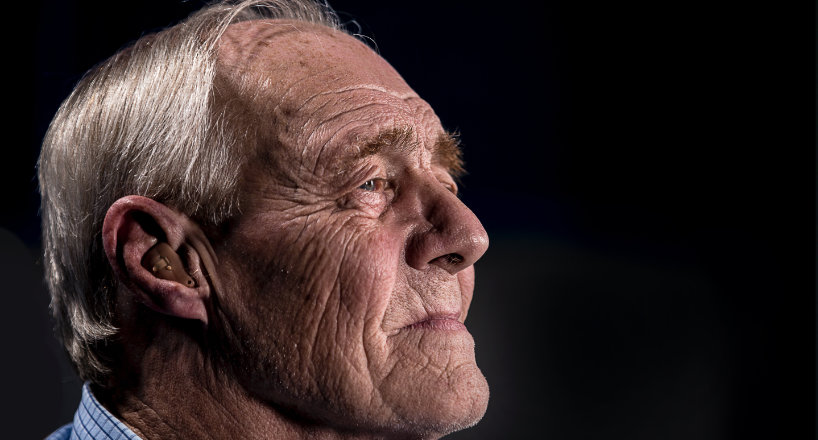Signs and Symptoms of Diabetic Retinopathy
Diabetic retinopathy is a complication of diabetes that can damage the blood vessels in the retina, leading to vision loss. In its early stages, diabetic retinopathy may not cause any noticeable symptoms, making regular eye exams essential for early detection. As the disease progresses, symptoms may include blurred or double vision, difficulty seeing at night, and floaters or specks in the field of vision. If left untreated, diabetic retinopathy can lead to vision loss and blindness. It is important for people with diabetes to have regular eye exams to monitor their eye health and prevent vision loss.
Symptoms of Diabetic Retinopathy

Diabetes restricts the body from effectively using and keeping sugar, leaving extreme quantities of sugar in the bloodstream which can cause damage to capillary and various parts of the body- consisting of the eyes and visual system. Diabetic retinopathy is when this condition results in progressive damage to the retina at the back of the eye. The retina is a light-sensitive tissue that is necessary for vision, so if left untreated, diabetic retinopathy will ultimately cause loss of sight. Sadly, despite the reality that correct tracking and treatment can effectively halt the development of the diabetic eye illness, it is still the leading reason for brand-new cases of loss of sight in adults in North America.
The symptoms of diabetic retinopathy can include:
- Blurred or double vision
- Difficulty seeing at night
- Floaters or specks in the field of vision
- A decrease in color vision
- A veil or dark curtain over the field of vision
- A sudden loss of vision in one or both eyes
It is important to note that in the early stages of diabetic retinopathy, there may not be any noticeable symptoms, making regular eye exams essential for early detection. If you have diabetes, it is important to have regular eye exams to monitor your eye health and prevent vision loss.
Untreated diabetic retinopathy can likewise cause a removed retina. This can occur if the illness has progressed to proliferative retinopathy in which brand-new, delicate blood vessels grow in the retina and the vitreous at the back of the eye. The blood vessels can break, dripping fluid and causing the development of scar tissue which can trigger the retina to detach.
If left without treatment this can cause blindness as well.
A number of the symptoms of diabetic retinopathy, especially in the early stages of vision loss, can be reversed with proper treatment and control of blood glucose levels. Diabetics with or without retinopathy should see an optometrist a minimum of once a year for a detailed eye test to monitor any changes and make sure that correct treatment is prescribed.